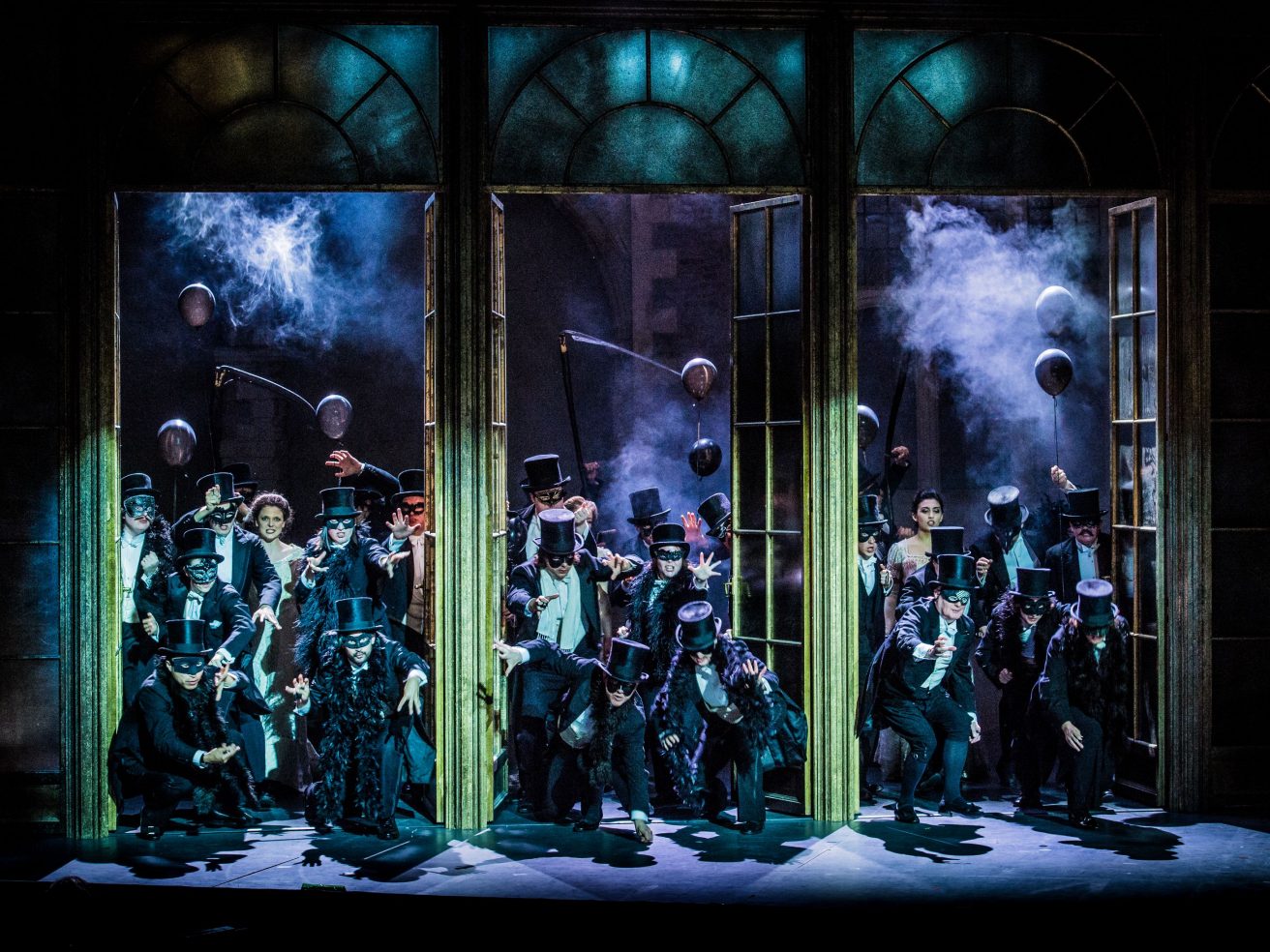Strauss the revolutionary
The composer Richard Strauss shocked the music world with his one-act operas Salome and Elektra, violent masterpieces for a new age. Then came the lavish seduction of Der Rosenkavalier, an ironic take on the social mores of eighteenth-century Vienna, with a bittersweet romance between a married woman and a younger man, and a finale to melt the hardest heart.
Ariadne auf Naxos was another surprise: a backstage comedy of artistic rivalry in which an opera company and a burlesque troupe are forced to work together on stage at a glittering party, turning a grand tragedy into a romantic comedy.
From catastrophe to coup de théâtre
The first version, premiered in 1912 as part of a production of Molière’s satire, Le bourgeois gentilhomme, was a disaster. The second, premiered in 1916, when the culture in which Strauss and his librettist, Hugo von Hofmannstahl, had grown up was disintegrating, was a triumph. Instead of the play, Hofmannstahl and Strauss created a sung Prologue in which we meet the haughty Prima Donna who will play Ariadne in the Opera, and the neurotic Tenor who will sing opposite her in the heroic role of Bacchus.
An array of characters
We meet the young, idealistic Composer (sung by a mezzo-soprano), her Music Master, a Wig Maker, and the Dancing Master who acts as an agent for the comedienne Zerbinetta and her sidekicks, Arlecchino, Truffaldino, Scaramuccio and Brighella. We also meet the Party Planner (a spoken role), whose job it is to ensure that the musical entertainments booked for the wealthiest client in Vienna run on time. A firework display is scheduled to begin at nine, and when dinner over-runs, the two companies must improvise a solution, to the Composer’s dismay (‘Musik ist eine heilige Kunst’).
Musical fireworks
At three minutes to curtain up, the backstage tantrums and flirtations end. The show must go on, or no one will be paid. Saucy vaudeville numbers (‘Die Dame gibt mit trübem Sinn’) and giddy waltzes mix with comic dances, salon songs (‘Lieben, Hassen, Hoffen, Zagen’) and vivacious coloratura (‘Grossmächtige Prinzessin’) as Zerbinetta and her troupe attempt to cheer up Ariadne, who has been abandoned by Theseus and has vowed to be faithful unto death (‘Es gibt ein Reich’). Zerbinetta’s attitude to love is more pragmatic, as we learn in her showpiece aria. When Bacchus arrives, still dazzled from an encounter with Circe, he and Ariadne begin to fall in love to music as sumptuous as any by Strauss.


